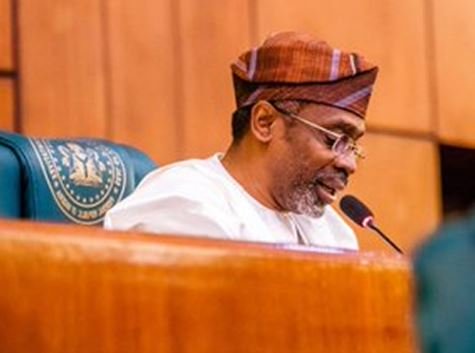Juliet Uduji
The Socio-Economic Rights and Accountability Project (SERAP), a Lagos-based non-Governmental organization, has dragged the Senate President, Dr Ahmad Lawan and the Speaker of House of Representatives, Mr Femi Gbajabiamila before a Federal High Court, Abuja over their failure to publish reports of all completed public hearings and corruption probes by the National Assembly since 1999.
Lawan and Gbajabiamila were also sued for failure to disclose the number of probes that have resulted in any indictment of suspects, and to name such suspects.
The suit followed recent public hearings by the National Assembly on corruption allegations in Ministries, Departments and Agencies, including the Niger Delta Development Commission (NDDC), and Nigeria Social Insurance Trust Fund (NSITF). Reports of several public hearings and corruption probes have remained secret, and the allegations unresolved.
In the suit number FHC/ ABJ/CS/1065/2020 filed last week in Abuja, SERAP is seeking: “an order of mandamus to direct and compel Dr Lawal and Mr Gbajabiamila to send all reports of completed public hearings and corruption probes to appropriate anti-corruption agencies to consider if there is sufficient admissible evidence to pursue prosecution.”
SERAP is asking the Court for “an order of mandamus to direct and compel Dr Lawal and Mr Gbajabiamila to sponsor a resolution to stop lawmakers from directly getting involved in the execution of projects by MDAs, and to ensure the proper and effective exercise of their oversight functions over corruption allegations including in the Niger Delta Development Commission (NDDC) and Nigeria Social Insurance Trust Fund (NSITF).”
The suit followed SERAP’s Freedom of Information (FoI) requests dated 25 July, 2020, stating that: “The most effective way to deter corruption is to make the cost of engaging in these types of acts higher than the rewards. This end can only be accomplished by making public the reports and pursuing public accountability for corrupt acts.”
